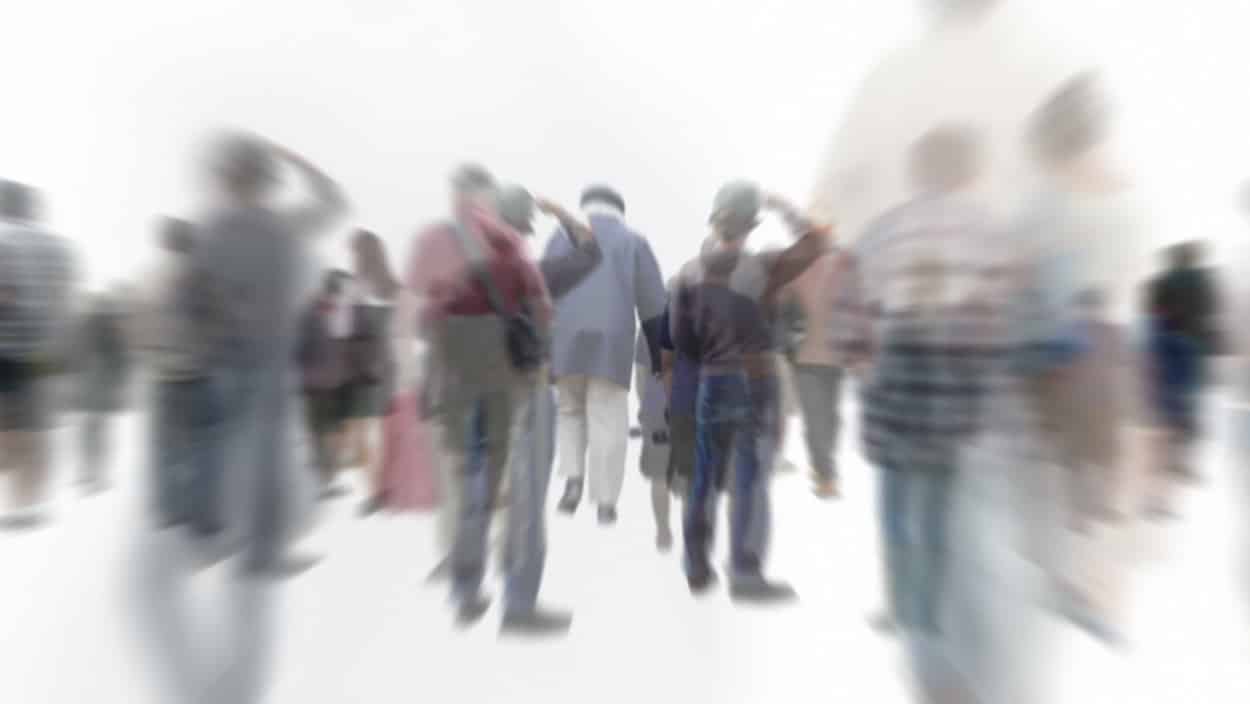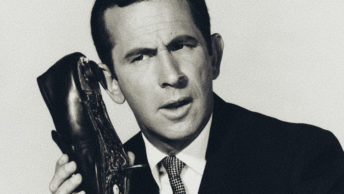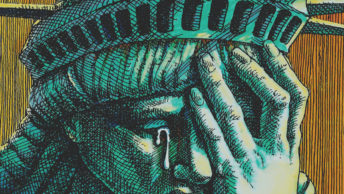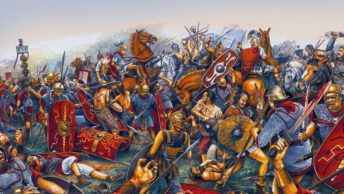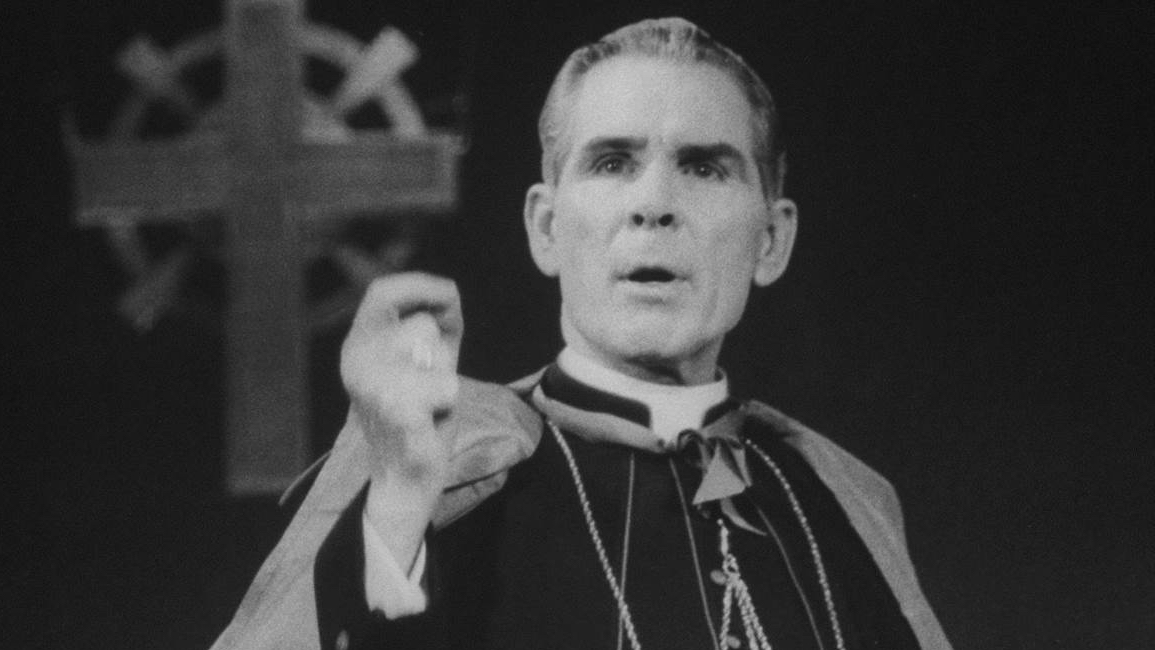As I explained in my last essay, several generations of individuals have grown up believing that they are never responsible for what they say and do. According to this belief, their parents mistreated them, their teachers failed them, their fellow students, coworkers, and employers disrespected them, and total strangers commit micro-aggressions against them. Their anger at all these “offenses” is, from their perspective, justified, so they feel no guilt and no need to apologize for it.
I explained too that these beliefs came from a series of developments: the idea that humans are born wise and good replaced that of human imperfection; guidance toward wisdom and goodness and the search for truth were considered unnecessary; the right to an opinion was taken to mean that every opinion is right; morality became a matter of personal choice; self-esteem was thought essential and self-criticism an obstacle to it; self-actualization replaced self-improvement as a goal. To guard these ideas from criticism, the consequences they produced were denied.
I concluded that essay by noting that denying consequences has prevented problems from being addressed and thus led to cultural chaos. The question I will address here is, What can be done to end the chaos and restore stability to our society?
Innumerable analysts and commentators have pointed out the consequences of thoughts and deeds, questioned the emphasis on self-esteem, explained how opinions are as likely to be wrong as to be right, and attacked the notion that truth lies within our minds. These efforts, though praiseworthy, have not slowed the culture’s decline into chaos. The reason, I would argue, is not only that the false beliefs have been so deeply ingrained in several generations of individuals, but more importantly that those beliefs are tightly interwoven. Attacking them is thus like playing Whack-A-Mole—subdue one and several others rise up. And since each one implies all the others, the effort to defeat any of them is likely to fail.
What, then, is the solution to our social chaos? I believe it is for analysts and commentators to attack aggressively the one false belief that is most vulnerable to challenge and that has ironically been largely ignored—the notion that humans are born wise and good.
To begin with, the absurdity of this notion has been proclaimed by all major religions and most philosophies and verified by history, sociology, and anthropology. Moreover, history and journalism have consistently documented that human beings are imperfect creatures. Furthermore, artists of all types—from playwrights, novelists, and essayists to painters, sculptors, and songwriters—have used their mediums to express human foibles and stumbles. It could be argued that the tension between sense and nonsense in human behavior is central to both drama and history. Moreover, that the resolution of that tension is among the most important challenges of living.
In addition, challenging the fallacious belief in human perfection is vital because that belief is the foundation of all the other fallacies I have mentioned. Once it is shown to be absurd, all the beliefs that have flowed from it immediately lose credibility and the process of purging them from our culture becomes more promising. The moment we accept that humans are imperfect creatures, we can begin to appreciate the foolishness of trusting our imperfect opinions before testing them, seeking truth only within our imperfect and limited experiences, and esteeming our imperfect selves rather than improving them.
To say that overcoming the fallacy of human perfection is the answer to the increasing chaos in our culture does not mean that doing so will be easy. Most of the people around us, young and old, have been conditioned to embrace that fallacy. It therefore guides and shapes their thoughts, words, and actions, often unconsciously. Accordingly, the task of changing the culture may be begun by a small group of scholars, teachers, and concerned individuals, but it will need to be joined by ever increasing numbers. I believe the most important groups are religious leaders and their congregations, including Catholics, Mainstream and Evangelical Protestants, and Jews, all of whose religions affirm the “fall of man” and the universal tendency to error and sin. Because their religious traditions have been most directly assaulted by the fallacy of human imperfection, their efforts will aid not only in overcoming social chaos but also in restoring religious faith.
Copyright © 2022 by Vincent Ryan Ruggiero. All rights reserved

